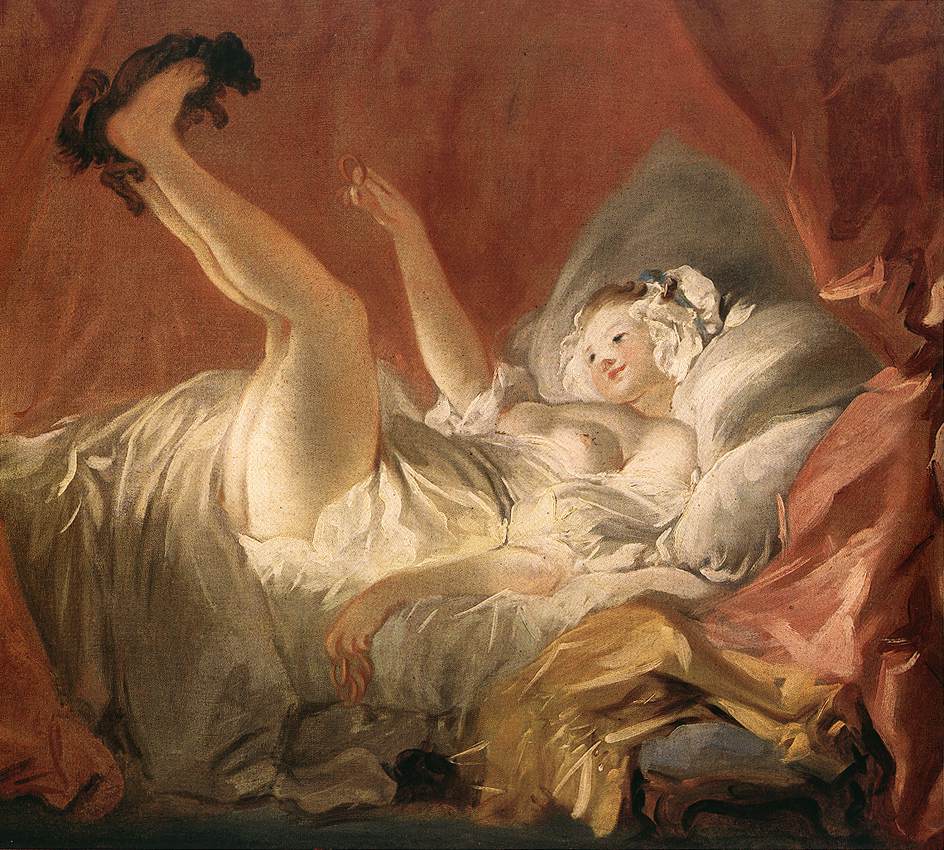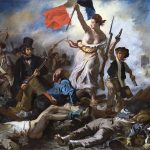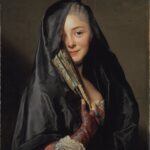
Jean-Honoré Fragonard (1732-1806) was a French painter known for his Rococo style, which was characterized by its lightness, elegance, and ornate decorative elements. Fragonard’s works are celebrated for their sensual and playful themes, often depicting romantic and amorous scenes, as well as idyllic landscapes.
Early Life and Education:
- Jean-Honoré Fragonard was born on April 5, 1732, in Grasse, France.
- He displayed an early talent for art and began his formal training under the guidance of the renowned French artist François Boucher in Paris.
Artistic Style and Rococo Movement:
- Fragonard’s artistic style was deeply influenced by the Rococo movement, which flourished in the 18th century. Rococo art was characterized by its emphasis on lightness, grace, and decorative elements.
- Fragonard’s paintings often featured pastel colors, intricate details, and a sense of playfulness. His works were known for capturing the spirit of the Rococo era, which celebrated love, romance, and sensuality.

Career and Recognition:
- Fragonard gained recognition as a painter of exquisite and enchanting scenes. He received commissions from wealthy patrons and was admired for his ability to create charming and intimate compositions.
- He was accepted into the prestigious French Royal Academy of Painting and Sculpture in 1765, a significant honor for a painter of his time.
Subjects and Themes:
- Jean-Honoré Fragonard’s works covered a range of subjects, including romantic and amorous scenes, pastoral landscapes, and portraiture.
- One of his most famous paintings is “The Swing” (also known as “The Happy Accidents of the Swing”), which captures a playful and flirtatious moment as a woman swings in the garden while her lover watches below.
- His art often conveyed a sense of joy, freedom, and the pursuit of pleasure that was emblematic of the Rococo era.

Later Life and Legacy:
- Fragonard’s career thrived during the height of the Rococo period, but the movement waned as the 18th century gave way to the Neoclassical and Romantic eras.
- As tastes shifted, he faced financial difficulties and stopped painting altogether in his later years.
- Today, Fragonard is remembered as one of the most accomplished painters of the Rococo period, and his works continue to be celebrated for their beauty, elegance, and evocation of a bygone era.
Jean-Honoré Fragonard passed away on August 22, 1806, in Paris, leaving behind a body of work that remains cherished for its contribution to the Rococo style and its ability to capture the spirit of love, romance, and sensuality of the 18th century. His paintings are displayed in museums and collections around the world, and he is regarded as a master of the Rococo genre.



